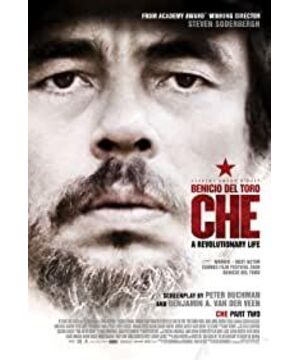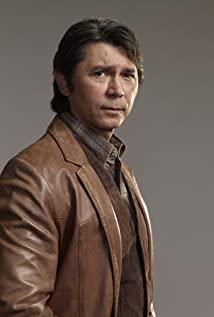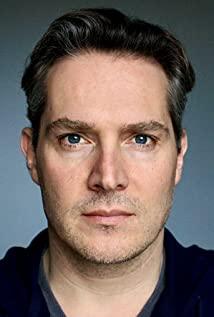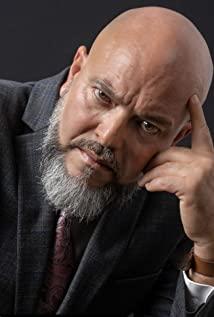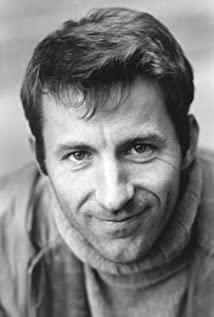essay about "people" / Liao Weitang
In 1955, Che Guevara met Castro in Mexico and talked all night long. The next shot is the chaotic waves of the Gulf of Mexico a year later. Che Guevara leaned on the ship's "Grama" carrying the Cuban revolutionaries and pondered for a long time-four hours later, the end of the movie flashed back here. In one scene, the waves are still confused and even overexposed. In the last shot, Che Guevara's body was tied to a government helicopter, flying across the valleys of Bolivia. The sun was shining, and no one would forget. The peaceful green forest was the hell that once besieged him.
Beginning and ending-the story of the plot I end here, what I want to say is only that at the beginning, he still had Castro and other eighty-one people embarking on an expedition with him, and in the end he was alone, and his war was a teenager. David's war against the giant Goliath was also a war between him and himself. Ninety percent of the film is devoted to the former, so that it can be watched as a huge war film worthy of an investment of tens of millions of dollars, but 10% of the latter’s performance with extreme restraint and forbearance is the cruelty of war. Infected with a transcendental glory, this Hollywood production can also become an epic tragedy.
I really didn’t expect Steven Soderbergh to be so realistic—perhaps he finally understood the Latin American truth that the more real the more surreal, the remaining expressionist imprints in "Kafka" are polished by the details of reality here, but penetrated into the bones. , Che Guevara’s guerrilla team was as miserable as a sporadic bird cry from another world in the final battle in the Yuro Canyon, and the subjective staggering shots of less than ten seconds in length suddenly became tangled. The depression of the first three hours turned into a huge force of Taishan's desire to press down on you. I admit that at that moment, I suddenly felt trembling all over, and suddenly burst into tears—
Because we accompanied Che Guevara through his hell. Two hours leading to the victory of the Cuban Revolution with various sacrifices, followed by two hours leading to personal death with more direct sacrifices. The former was dazzling and boring, while the latter was in a narrow valley. As a trapped animal fight, the longer you endure, the more rushing you feel like a heartbeat. The mental speed of the audience keeps up with Che Guevara's challenge to the limit of his physical body. Steven Soderbergh used dizzying lens switching with the shallow depth of field in a bright environment to successfully create a nightmare atmosphere full of unknowable factors in guerrilla warfare. From time to time, we saw the world out of focus drifting towards the camera like ghosts, and quickly fell again. To be honest, this rhythm of relaxation is also very similar to Che Guevara’s war recorded in the "Diary of Bolivia", and Che Guevara’s heart is more hidden: the lonely will is suffering. Gritting teeth and conflict.
It can be said that without the realistic reductive description of victory in the first episode of "The Argentine", we cannot find Che Guevara as a person from that hero symbol; but if we do not have the cruel defeat of the next episode of "Guerrilla" We can’t find the face of a saint in this tragic deceased. As Che Guevara’s asthma intensified, he swayed riding through the light and shaded jungle, and we saw his face in the backlit for a moment. Holiness does not seem to belong to this world. Then he fell into a horse, went crazy and stabbed the horse's neck and other scenes, and pulled us back to the desperate world. "Because the closer we get smaller, and the more we see shortcomings and wounds, he is just like us, not a god, not a monster, not a strange animal. He is still a human, but so. But only in this way, so he is great People.” Lu Xun said of a hero, and Steven Soderbergh also understands this. It is an imperfect and mixed Che Guevara, which contradicts the possibility that Sartre hailed as the "most perfect person in the twentieth century". By our side.
At this time, when I went back to the previous episode, I also felt that I understood. Compared with Walter Salles' Motorcycle Diary four years ago, Che Guevara: The Argentine is less romantic. The former avoids political conflicts and only works Perceptual reminder, the latter quickly cut into the entanglement of the revolutionary period and the post-revolutionary period. The history is vivid, and enough questions are asked for the audience to reflect on. The failure of the following episode is also a huge question: Why do you want to save the people? Want to betray you? Is this the inevitable fate of tragic heroes? Reality and myth often coincide on the surface, but what about the essence? Steven Soderbergh did not deal with these critical moments mythologically: the guerrillas walked into the river like a dream, the gunshots were ambushing loudly, and Rojas, a farmer who betrayed the guerrillas, showed a most ordinary, normal and human face. Expression, and it is this "normal" that makes us fall into the most painful suspicion.
The face of Rojas and the face of Che Guevara who soon faced death were both human faces. There is a sentence in Che Guevara’s last words. Steven Soderbergh’s version is different from the popular biographical version. When a government soldier asked Che Guevara if he believed in God, the biography said Che Guevara answered "I am personally Lean toward Jesus", and Che Guevara said in the movie: "I believe in mankind (Mankind)". Che Guevara in the movie is a human, not a god, but a person worthy of the title of man; Tania, the female guerrilla in the movie, is a human, so she will talk about Che Gu who lost contact. Vala cried bitterly and put on beautiful clothes in the last battle. This is a movie about people-it is in the absence of people in this world that these real talents are alienated into "gods".
View more about Che: Part Two reviews


